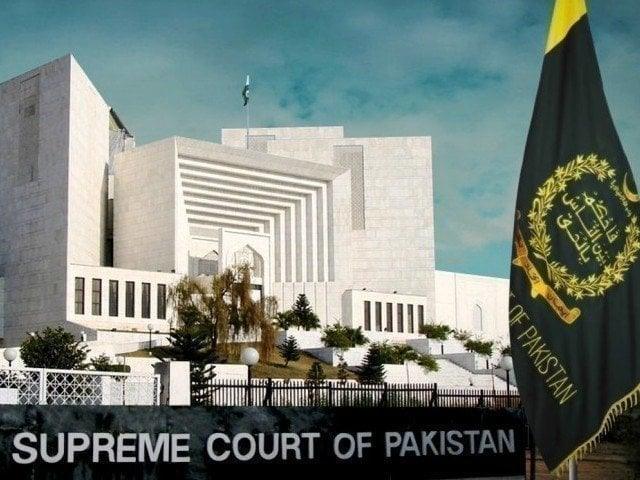Islamabad:
A crucial meeting of the Judicial Commission of Pakistan (JCP), chaired by the president of the Supreme Court Yahya Afridi, will take place on June 19 at the Supreme Court building. The meeting will discuss the possession of constitutional banks.
The matter was last addressed at the commission session on December 21, 2024, where a majority approved an extension of six months for the nominated judges of the Constitutional Banks of the Supreme Court.
At present, 15 judges have been working for constitutional banks. Among them, a committee led by Judge Aminuddin Khan and comprising Judge Jamal Khan Commandkhail and Judge Muhammad Ali Mazahar selects judges for private constitutional banks.
The extension of constitutional banks has been proposed for the second time. On December 21, the Federal Government managed to leave with the JCP, which had rejected a suggestion to nominate all the judges of the Supreme Court to its Constitutional Bank (CB) by a majority vote of 7 to 6.
Except Judge Aminuddin, all JCP judicial members, namely CJP Yahya Afridi, Judge Syed Mansoor Ali Shah, Judge Munib Akhtar, Judge Jamal Khan Commandkhail had voted for all the judges of the Supreme Court as part of the CB. Two members of PTI Barríster Gahar Ali Khan and Barríster Ali Zafar supported their point of view.
However, the government and representatives of the Council of the Bar Association of Pakistan (PBC) in JCP did not support their suggestion. The judicial members had faced shame, when their own judge, Judge Aminuddin Khan, did not support his suggestion.
The JCP for the majority 7 to 6 supported the extension of the CB led by Judge Aminuddin Khan for six months.
Once again, the government is expected to succeed to obtain majority votes for the extension of the current CB, whose performance is in question. There are no objective criteria for the selection of judges for CB.
CB performance
The present CB led by Judge Aminuddin Khan has been able to issue only three sentences reported since its creation through the 26th constitutional amendment.
The CB had issued a fault reported for the first time in January. This two -page decision was related to the jurisdiction of CB itself. The order had argued that regular banks could not hear issues related to the interpretation of the law and the Constitution.
Secondly, a short order reported in the case of military courts has been approved. Similarly, another reported sentence was written by Judge Jamal Khan Commandkhail.
The lawyers wonder who will judge the performance of the Constitutional Bank. They are also asking the question that Judge Commandkhail does not receive independent CB.
A lawyer says that the CB began by spending two months avoiding the case of the 26th amendment in favor of unimportant hearing cases that had already become unsuccessful.
“He continued that when he spent four months almost exclusively in the case of the military courts before approving a verdict that must surely have pleased the establishment. The only other order to emphasize that in that period was to ensure that no regular bank of the Supreme Court could hear any importance of importance.
“Then, he occupied the case of review of the reserved seats in which most of the original judges were excluded and the few that were included seemed to have been suddenly and inexplicably, to be of the opposite view from the first day,” says the lawyer.
He said that when the idea of a CB chosen by politicians was floating for the first time; Many said that such a bank was fundamentally against the idea of judicial independence and predicted that it would reduce the credibility of the SC to nothing. However, judges in Pakistan have sometimes challenged predictions. “Unfortunately, the performance of the CB until now has shown that this is not one of those times.”
He also said that the declared justification of the CB at the time of the 26th amendment was to improve the constitutional jurisprudence of SC. In its first six months, the number of detailed judgments that it has issued can be counted on the fingers of one hand. And all of them have tended to take jurisprudence back and closer to the wishes of the establishment, ”he adds.




